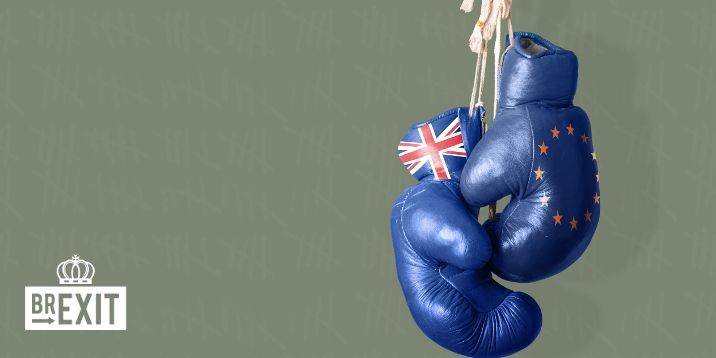If you are going to hold a debate on Brexit then it makes sense for Vinexpo to call in two of the UK’s most influential wine figures when it comes to a) helping to predict politically what might happen and b) dealing with the implications on the trading floor.
Just when you thought you might be able to turn the TV on and not be bombarded with politicians talking the talk about what they would, will, won’t and never do, then sadly as one election door closes, another bout of political posturing is about to begin.
Yes, it’s time to get ready for the Big Brexit Negotiations, which are formally set to hit the airwaves on June 19 – that’s if whatever government the UK now ends up with is in a position to start them.
Forget about your House of Cards box sets, if the The Big Brexit Negotiations live up to their billing then we can look forward to 22 months of high drama, tempter tantrums, walkouts, fallouts, kiss and make-ups and who knows the occasional physical flare up. And that was just last night’s General Election.
The reality of the Brexit Negotiations will probably be a lot drier with much of the so called “action” taking place hidden away along the grey corridors of Brussels.
Brexit roadshow
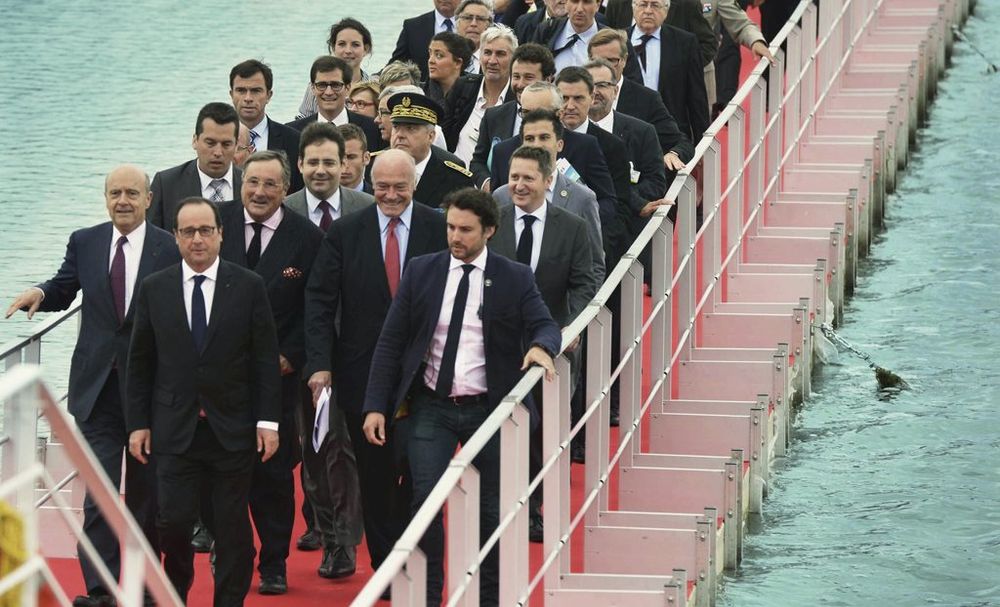
Vinexpo is quite used to having big hitters and major issues to discuss
But we are getting a taste of how these negotiations might play out – at least in terms of their impact on the wine industry – with a series of landmark Brexit debates taking place at our major trade fairs this summer.
First up was the Brexit debate at last month’s London Wine Fair which even brought The Buyer in to referee.
And now later this month the Brexit roadshow heads to Bordeaux with another showdown as part of Vinexpo 2017 and the chance to debate the issue in front of many of the world’s biggest wine producers.
Taking part will be two of the UK’s biggest hitters. Conviviality’s group wine buying director, Andrew Shaw, and Miles Beale, chief executive of the Wine & Spirit Trade Association. They will be joined by senior French wine figure, Jean Marie Barillère, president of the Union of Maison de Champagne and vice president of the Comité Champagne. With leading wine critic, Jane Anson, taking up the referee’s whistle in the moderating chair.

Beale is used to sitting at the top table of politics, not as a Cabinet minister but as a senior civil servant
If the LWF and Vinexpo debates are anything to go by then Beale is the big name to get when it comes to tackling and understanding what Brexit is really going to mean for the international wine industry.
He might appear like a mild mannered Clark Kent, but he certainly packs a punch when it comes to tackling Brexit.
His big line at LWF was that the biggest success the wine trade can hope for from the Brexit Negotiations is absolutely nothing. Meaning no change to how we all go about our business today. But he freely admits that is unlikely.
EU not wine knowledge
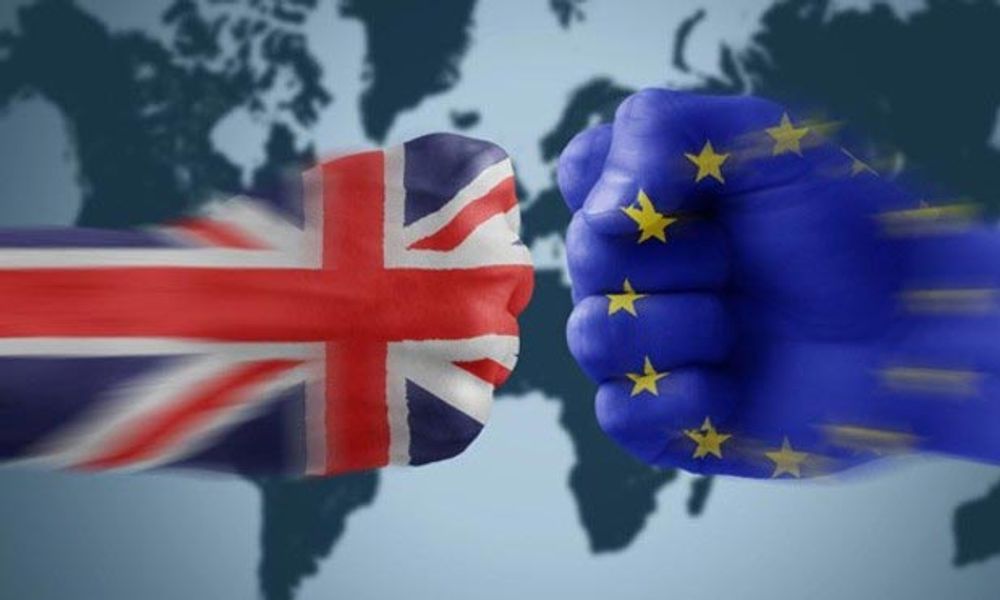
Beale is ideally placed to represent the UK wine industry’s interests in forthcoming Brexit talks.
This is not the time to be bringing your WSET certificates to the negotiating table, but an equally comprehensive understanding of the nuances of European legislation and regulation.
Something that Beale is well versed in thanks to many years in the civil service as deputy director for EU and international agricultural policy during his time at the Department for Environment, Food and Rural Affairs. He also worked in the Cabinet Office covering European and global issues and served both Mo Mowlam and John Prescott when they were ministers in the Labour government.
So he at least knows which end of the negotiating table they serve the tea and biscuits.
But Beale is not waiting for formal talks to get underway or even for the UK to leave the EU for he, and his counterparts at leading international trade bodies through the World Wine Trade Group have already been in lengthy talks about how they can set up fully formed trade deals, at least when it comes to wine, that their respective governments could thenendorse.
Key messages
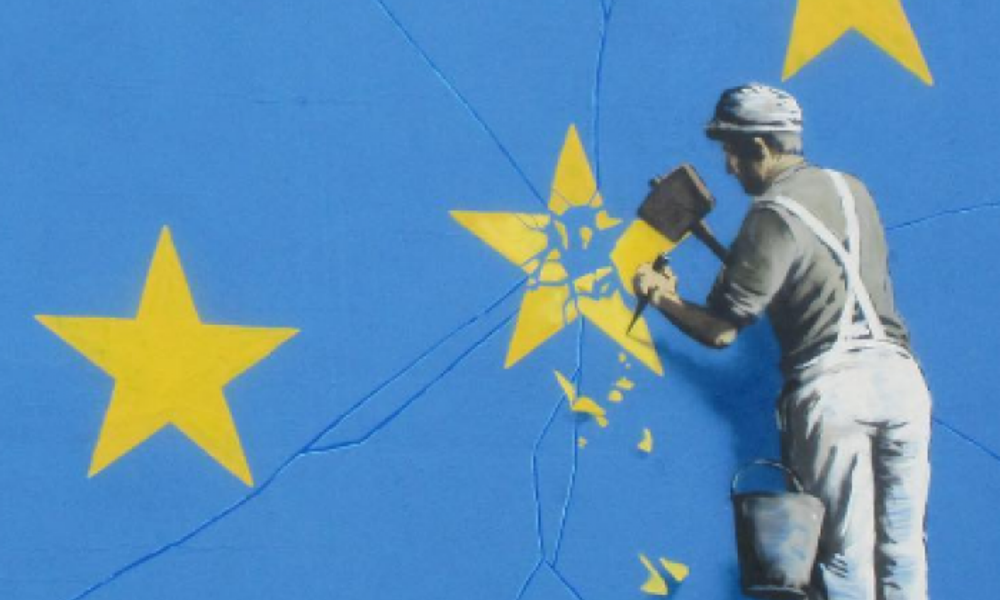
Brexit according to Banksy
So what key message does Beale plan to take to producers at Vinexpo? He explains: “If we are to make Brexit work both for UK wine importers and for continental Europe’s wine producers exporting to the UK, it’s important that the trade speaks with one voice. A clear, loud, unified and demanding one. That’s why the WSTA has been actively engaging with the global trade.
“Vinexpo provides an excellent opportunity for me, on behalf of UK wine importers, and Jean-Marie Barriliere, for the European wine growers and the broader trade, to reinforce that message.”
Election result
Particularly so in light of last night’s General Election result which has thrown in to question quite what sort of negotiation the UK government, whatever form it takes, will now look to take to Brussels. But whether that ends up being more of a soft rather than a hard Brexit position does not really change the steps being taken by the WSTA and other wine trade bodies in the work they are doing to ensure as smooth a change over in trading as possible.
Beale also fully recognises the need to ensure the image of the UK as a potential trading partner or market for producers’ wines is not damaged by the Brexit talks.
“The UK is currently the world’s second largest importer of wine by both volume and value,” he stresses. “The most important issue for UK wine businesses and for those exporting wine to the UK is for the UK to remain central to world wine trading post-Brexit. This reflects a fundamental theme in the WSTA’s Brexit policy paper: to minimise disruption to historic trade flows. The industry – wherever it is in Europe – needs to argue for as little disruption as possible.”
Which brings us back to his “no change is better than a bad change” position.
Best and worst of worldsrs.
So what are his best and worst case scenarios for post Brexit?
Beale is pretty clear about what we need to fear most: “Worst case would be a breakdown in the negotiations between the UK government and the European Council, resulting in a ‘hard’ Brexit – one with no agreement on the UK’s future relationship with the EU.”
He explains why: “This would inevitably lead to disruption to trade flows in the short term and significant uncertainty in the medium term – until trade deals with the UK’s major trading partners could be agreed. The WSTA has been working with our members to identify measures that can be taken to mitigate the effects of a hard Brexit. We are working with the UK government to ensure the government does all it can to minimise disruption to supply chains including joining the World Wine Trade Group and introducing into UK law the terms of a number of EU bilateral wine agreements e.g. EU/Australia and EU/USA.”
Best case Brexit?
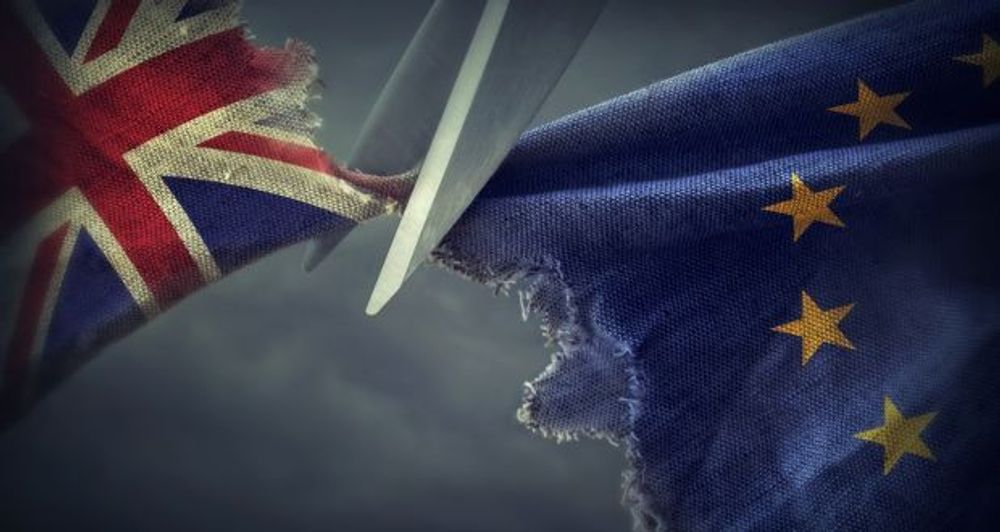
And what ray of sunshine can we look forward to in March 2019? “By contrast a best case Brexit would be a negotiated settlement, including a full ‘divorce’ settlement and agreement on the terms of the UK’s future trading relationship with the EU – with transitional measures allowing sufficient time for the necessary systems to be introduced and properly tested,” says Beale.
“Ideally there would also be a first UK Free Trade Agreement agreed quickly (three to four years from now) with the EU and progress made on other, bilateral FTAs – all of which give businesses time to prepare fully for a post-EU trading environment.”
The key, argues Beale, is for the political posturing to stop and for the negotiators to get down to the serious business of working out a deal that works for both sides.
Or as Beale says: “In other words, we – the wine industry – want EU governments to avoid a quick, acrimonious split where communication stops and an uncertain future awaits; and instead achieve a conscious decoupling, with good communication on friendly terms and a clear line of sight to the future. That’s not too much to ask of our politicians is it?”
Dealing with realities
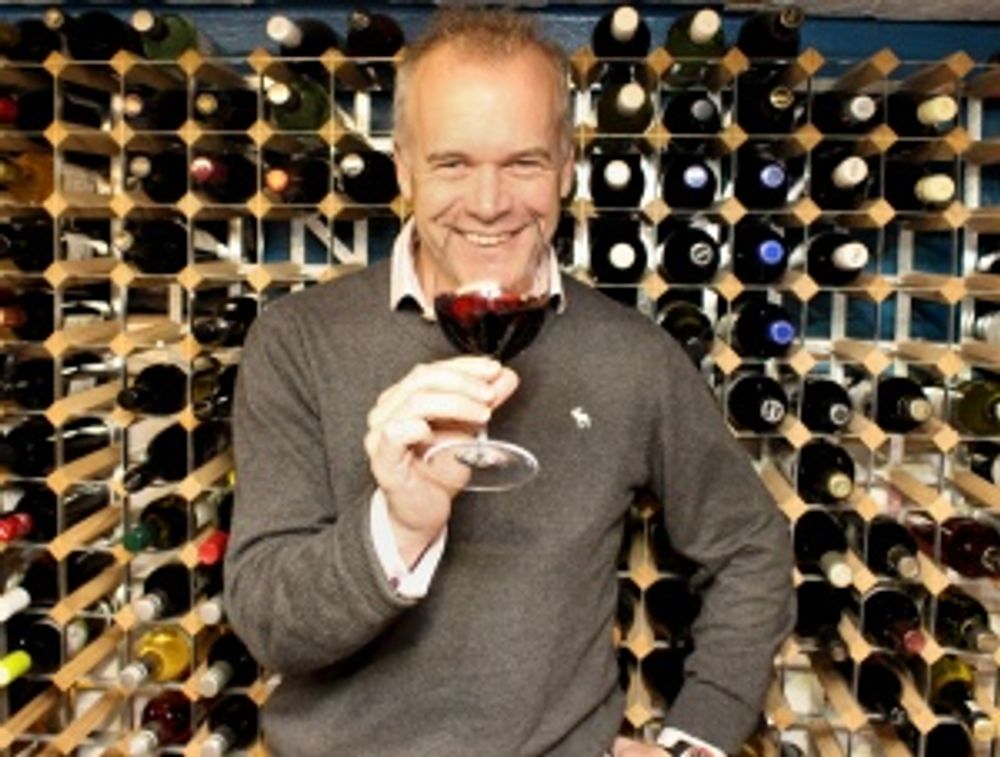
Andrew Shaw says even the decision to leave the EU is having a day to day impact on global wine trading
He told the Buyer: “My position will focus on the fact that Brexit is simply one of the issues we are seeing in the market all inflationary, poor harvests, switching drinks categories, low margins for operators/retailers and for supply base etc..”
But he is hopeful that Brexit could also bring a more stable trading environment.
“Clearly the greatest benefit post Brexit will be in two areas – improved and stable foreign exchange markets as well as no increase in levels of bureaucracy in international trade. Increased efficiency is unlikely given the circumstances. The global industry must prepare for a potential change in demand for different wines from different countries, but that behaviour has always occurred in the market.”
- If you are heading to Vinexpo then make sure you don’t miss out on the Brexit debate which takes place at 4pm on June 20.
- You can download the WSTA’s policy paper on Brexit by following this link.
